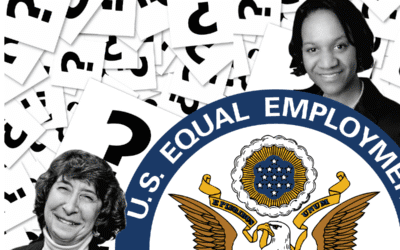Many people would like to bring a family member or friend with them to meet with their divorce lawyer, or potential divorce lawyer. There are many reasons a family member or friend would be helpful:
- Moral Support. Especially in meeting with a potential divorce lawyer for the first time, it may help you feel comfortable to have a familiar, supportive person next to you.
- Remembering Details of Your Story. When you are feeling anxious or upset, it is often hard to remember all the details. Your friend or family member may be able to add to keep you on track, or may know some fact to make sure you share with your lawyer.
- A Second Set of Ears. Much like going to the doctor, it is often helpful to have someone with you who is not as anxious, to help you remember what was said by the lawyer. We often become “deer in the headlights” when we are under stress, which makes it difficult to hear what a lawyer is saying, or retain information and advice. Having another person hear it may be helpful to make sure you remember it later.
The downside to having a third party present during your meeting is that this person’s presence generally destroys the attorney-client privilege. Everything that is said by anyone in that meeting is no longer privileged, and someone could be required to state at a deposition or in written discovery something that was said during that meeting.
When relaying general facts that you don’t consider to be very private, it may not be crucial for such information to be covered by the privilege, such as the date of the marriage, whether you have children, your and your spouse’s employment, etc. Other things may be more private, that you do want subject to the privilege, such as the circumstances of the separation, any domestic violence, any unfaithfulness, substance abuse or circumstances of your children that you want to keep private.
It is a good idea to think in advance of your meeting about whether there are any facts, circumstances or events that you want to relay to your lawyer, but want to keep confidential. In addition, your lawyer may be comfortable telling you general information about the divorce process, the court process, dispute resolution options, etc., and then prefer to give you specific legal advice privately, in a confidential setting. Your friend or family member would need to leave the room for this aspect of your conversation with your lawyer to be confidential and privileged.
As a result, I often ask clients who bring friends or family members to meetings to consider keeping that person in the room for the first part of a meeting while you relay commonly known facts or questions, and then after that ask the third party to leave the meeting, so you can also have a privileged conversation with your lawyer to relay private information and hear legal advice about it.










